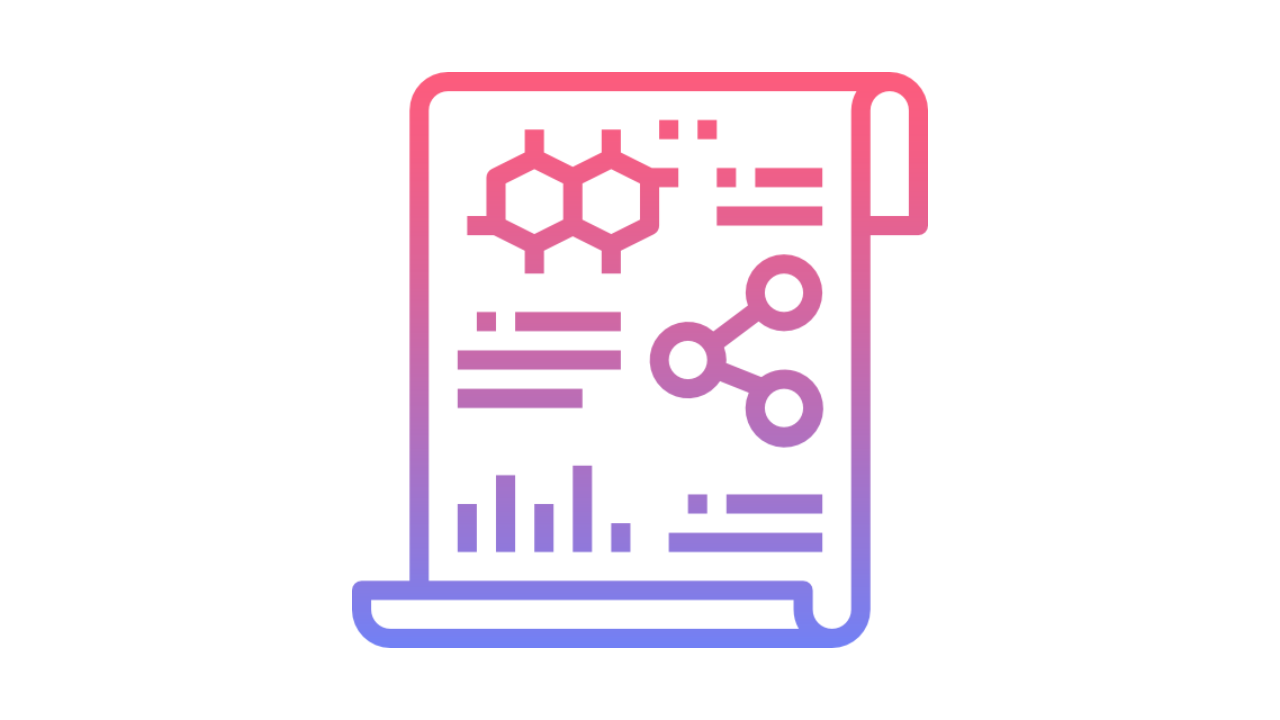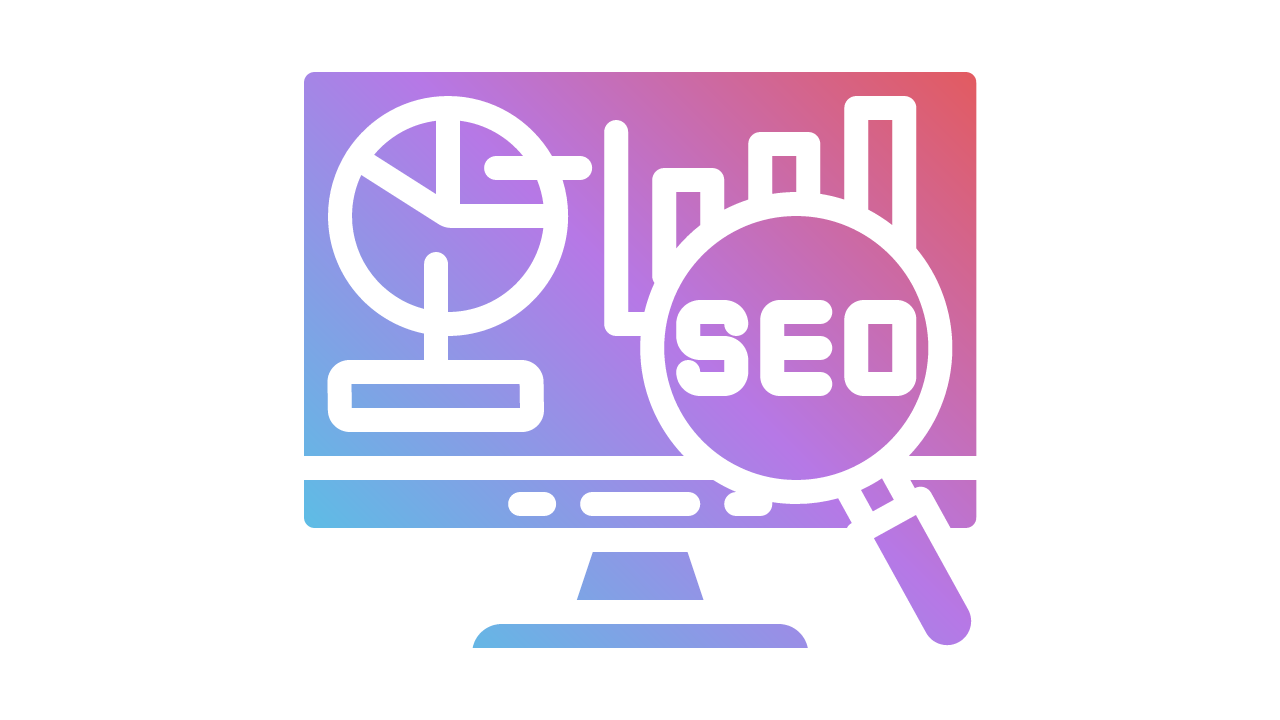Industry Experts
Helping businesses stay ahead of the competition in a fast-paced world.

Our research methods are unparalleled in the industry, allowing us to uncover deep insights about your target audience and competitive landscape. We use this information to guide our marketing strategies and ensure that your brand stays ahead of the curve.

With a team of experienced marketers, we develop data-driven campaigns that are tailored to your unique business needs. We utilize a variety of tactics, from social media and email marketing to paid advertising and content creation, to ensure that your message reaches your target audience and drives results.

We understand that effective marketing is all about reaching the right people at the right time. Our targeting strategies are based on extensive research and analysis, allowing us to identify and engage with your ideal customer base. This results in more efficient marketing spend and higher conversion rates.

Our work doesn’t stop once your campaigns are up and running. We continually monitor and optimize your marketing efforts to ensure that they are delivering the highest possible ROI. From A/B testing to audience segmentation, we use data to drive our decisions and deliver measurable results.
Why Us?
Experience and Expertise You Can Trust
We bring a wealth of experience and expertise to every project we undertake. With years of experience in the marketing industry, our team has a deep understanding of what it takes to build successful marketing campaigns that drive real results. We have worked with businesses of all sizes and industries, helping them achieve their marketing goals and stay ahead of the competition. When you partner with us, you can trust that you’re working with an agency that has the knowledge, skills, and passion to take your brand to the next level.
research
Data-Driven Insights for Smarter Marketing
We believe that great marketing starts with great data. That’s why we’re committed to using cutting-edge research tools and techniques to gather the insights you need to make informed marketing decisions. By analyzing a range of data points, from customer behavior to industry trends, we’re able to gain a deep understanding of your target audience and develop marketing strategies that resonate. Our data-driven approach allows us to make informed decisions about everything from messaging and creative to channel selection and budget allocation, ensuring that every dollar you spend on marketing is maximized for impact. With Deviant Inc, you can trust that your marketing strategy is backed by the latest research and insights, empowering you to make smarter, more informed decisions about the future of your business.
Learn More About Our Results-Driven Approach to Marketing
Data-driven marketing is an approach to marketing that uses data analysis and insights to inform and improve marketing strategies, decisions, and performance.
Our client was a B2B software company that offered a suite of productivity tools for businesses. They had been struggling to attract and convert new leads through their website, and were not seeing the ROI they had hoped for from their marketing efforts.
To address this challenge, we conducted a thorough analysis of their website analytics, customer feedback, and market research data. We discovered that their website was not optimized for search engines and was difficult for visitors to navigate, leading to high bounce rates and low conversion rates. We also found that their target audience was primarily small and medium-sized businesses, and that they were more interested in features like ease of use, affordability, and scalability than in technical details.
Based on these insights, we recommended several changes to their website design, content, and SEO strategy. We also suggested that they focus their messaging and offerings more closely on the needs and preferences of their target audience.
After implementing these changes, our client saw a significant increase in website traffic, engagement, and conversions. Their bounce rates decreased by 25%, their conversion rates increased by 50%, and they generated more high-quality leads than ever before. They also received positive feedback from their customers and saw an increase in customer retention rates.
- Website analytics: This includes data about website traffic, user behavior, conversions, and other metrics. We use tools like Google Analytics and heat mapping software to collect and analyze this data.
- Customer feedback: This includes data from customer surveys, polls, and social media monitoring. We use this data to gain insights into customer preferences, needs, and pain points.
- Market research: This includes data about industry trends, competitor strategies, and consumer behavior. We use this data to identify new opportunities, potential threats, and gaps in the market.
- Social media analytics: This includes data about engagement rates, follower growth, and post performance on social media platforms. We use this data to optimize our social media strategies and content.
- Email marketing metrics: This includes data about open rates, click-through rates, and conversion rates for our email marketing campaigns. We use this data to identify which campaigns are performing well and which ones need improvement.
- Sales data: This includes data about sales trends, revenue, and customer behavior. We use this data to identify opportunities to upsell or cross-sell products and services.
- Search engine data: This includes data about search engine rankings, keyword performance, and click-through rates. We use this data to optimize our SEO strategies and improve our search engine visibility.
We use tools like Google Analytics and other social media analytics to track website traffic, user behavior, and conversions. This allows us to identify areas for improvement, such as high bounce rates or low conversion rates, and make data-driven decisions to optimize the user experience.
We measure the success of our data-driven marketing campaigns using a combination of qualitative and quantitative metrics. We track a variety of metrics to help us assess the effectiveness of our campaigns and make data-driven decisions for optimization. Some of the key metrics we track include:
- Conversion rates: This metric measures the percentage of website visitors who take a desired action, such as making a purchase, filling out a form, or subscribing to a newsletter.
- Return on investment (ROI): This metric measures the amount of revenue generated from a campaign compared to the amount of money invested in it.
- Click-through rates (CTR): This metric measures the percentage of people who clicked on an ad or email compared to the total number of impressions or views.
- Engagement rates: This metric measures the level of interaction with a campaign, such as likes, shares, comments, and retweets on social media.
- Cost per acquisition (CPA): This metric measures the cost of acquiring a new customer or lead through a campaign.
- Traffic sources: This metric tracks where website traffic is coming from, such as search engines, social media, or referrals.
- Time on site: This metric measures the amount of time users spend on a website or landing page, which can indicate how engaged they are with the content.
We take data accuracy and reliability very seriously. We use a variety of methods to ensure that the data we use in our marketing strategies is accurate and reliable, including:
- Data validation: We validate the data we use by checking it against multiple sources to ensure consistency and accuracy.
- Data cleansing: We cleanse the data we use by removing duplicate entries, correcting errors, and standardizing formatting to ensure accuracy and consistency.
- Data tracking: We track the sources of the data we use to ensure that it is reliable and up-to-date.
- Data quality assurance: We have processes in place to ensure that the data we use meets our quality standards and that any anomalies or outliers are identified and addressed.
- Regular audits: We conduct regular audits of our data to ensure that it is up-to-date and accurate.
Optimizing Facebook sales involves a combination of strategies, including:
- Targeting the right audience: One of the most important factors in optimizing Facebook sales is targeting the right audience. By using Facebook’s advanced targeting options, we can reach audiences who are most likely to be interested in the product or service being offered. This can include targeting based on demographics, interests, behaviors, and more.
- Creating engaging ad content: To capture the attention of the target audience, we create engaging and visually appealing ad content that highlights the benefits of the product or service being offered. This can include images or videos, as well as compelling copy that encourages users to take action.
- Using retargeting campaigns: Retargeting campaigns involve targeting users who have already shown an interest in the product or service, such as by visiting the website or engaging with previous ads. By retargeting these users with relevant ads, we can increase the likelihood of converting them into customers.
- A/B testing: A/B testing involves creating multiple variations of ads and testing them against each other to determine which performs best. By continually testing and refining ad content and targeting, we can optimize Facebook sales and improve ROI over time.
- Monitoring and adjusting campaigns: Monitoring the performance of Facebook ad campaigns is crucial for optimizing sales. By tracking relevant metrics such as click-through rates, conversion rates, and cost per acquisition, we can identify areas for improvement and adjust the campaign strategy as needed.
There are several common challenges that we face when collecting and analyzing data for our marketing campaigns, including:
- Data quality issues: Sometimes, the data we collect may be incomplete, inaccurate, or out-of-date. To overcome this challenge, we use data validation and cleansing techniques to improve the accuracy and quality of the data we use.
- Data privacy concerns: With the increasing focus on data privacy, we need to ensure that we are collecting and using data in compliance with relevant data protection regulations. We overcome this challenge by ensuring that our data collection and handling processes are transparent, ethical, and compliant with the applicable regulations.
- Data integration: Sometimes, we may need to combine data from different sources to gain a comprehensive understanding of our target audience. To overcome this challenge, we use data integration tools and techniques that allow us to merge data from various sources and analyze it together.
- Data overload: With so much data available, it can be challenging to identify which data points are most relevant and valuable. To overcome this challenge, we use data visualization and analysis tools that help us identify trends, patterns, and insights from large data sets quickly.
- Technological limitations: Sometimes, we may face technical challenges when collecting or analyzing data, such as incompatible data formats or limited processing power. To overcome this challenge, we use the latest data analytics tools and software and invest in the necessary hardware and infrastructure to support our data analysis needs.
We recognize that each client has unique needs, goals, and target audiences. To ensure that our data-driven marketing strategies are tailored to meet the specific needs of each client, we follow a customized approach that involves the following steps:
- Consultation: We start by consulting with our clients to understand their business goals, target audience, and other relevant factors that can impact their marketing strategy. We also gather information about their past marketing efforts, their competitors, and their industry.
- Data collection: Based on the insights gathered during the consultation phase, we collect relevant data from various sources, such as customer feedback, website analytics, social media metrics, and other relevant data points.
- Data analysis: We use data analysis techniques to identify trends, patterns, and insights from the collected data. This enables us to gain a comprehensive understanding of the client’s target audience and their behavior.
- Strategy development: Based on the insights gathered from the data analysis, we develop a customized marketing strategy that is tailored to the client’s unique needs and goals. This includes identifying the most effective marketing channels, messaging, and tactics to reach their target audience.
- Execution and measurement: We execute the customized marketing strategy and monitor its performance using relevant metrics such as click-through rates, conversion rates, and other performance indicators. Based on the performance data, we continuously optimize and refine the marketing strategy to ensure that it is delivering the desired results.
To optimize Google campaigns, we typically follow these steps:
- Conduct keyword research: We start by researching relevant keywords and identifying those that are most likely to drive conversions. This involves analyzing search volume, competition, and relevance to the business’s products or services.
- Create compelling ad copy: We craft compelling ad copy that uses the identified keywords and highlights the benefits of the product or service being offered. This can include using features such as ad extensions to provide additional information or calls-to-action.
- Optimize landing pages: Landing pages should be optimized for conversions, with clear calls-to-action, relevant content, and an easy-to-use layout. We optimize landing pages to match the messaging in the ads and provide a seamless experience for users.
- Use audience targeting: Audience targeting allows us to reach specific groups of users who are most likely to be interested in the product or service. We use tools such as Google Ads Audience Manager to target audiences based on demographics, interests, and behaviors.
- Monitor and adjust campaigns: We continually monitor the performance of Google campaigns and adjust the strategy as needed. This includes tracking metrics such as click-through rate, conversion rate, and cost per acquisition, and adjusting bids, targeting, or ad copy to improve performance.
- Use A/B testing: A/B testing involves testing different variations of ads or landing pages against each other to determine which performs best. By continually testing and refining the campaign strategy, we can optimize Google campaigns and achieve better ROI over time.
Proven Results
Driving Success Through Measurable Results
We believe that the key to success in digital marketing is being able to measure the impact of your efforts. That’s why we work tirelessly to ensure that every campaign we develop is measurable, with clear and transparent KPIs that we track and report on. By leveraging the latest analytics tools and techniques, we’re able to gain deep insights into how your target audience is interacting with your brand, and use that information to optimize and refine our approach. Whether it’s driving more traffic to your website, generating more leads, or increasing conversions, we’re committed to delivering measurable results that drive real business growth.
Amazing Support
We’re Here for You – Every Step of the Way
We understand that navigating the world of digital marketing can be daunting, which is why we’re committed to providing you with exceptional support at every stage of the process. From the moment you reach out to us, our team of experts will work closely with you to understand your unique business needs and develop a tailored marketing strategy that delivers results. We’re always here to answer your questions, provide guidance and support, and ensure that you feel confident and empowered as we work together to grow your business. With Deviant Inc, you’re not just a client – you’re a partner, and we’re here for you every step of the way.”

